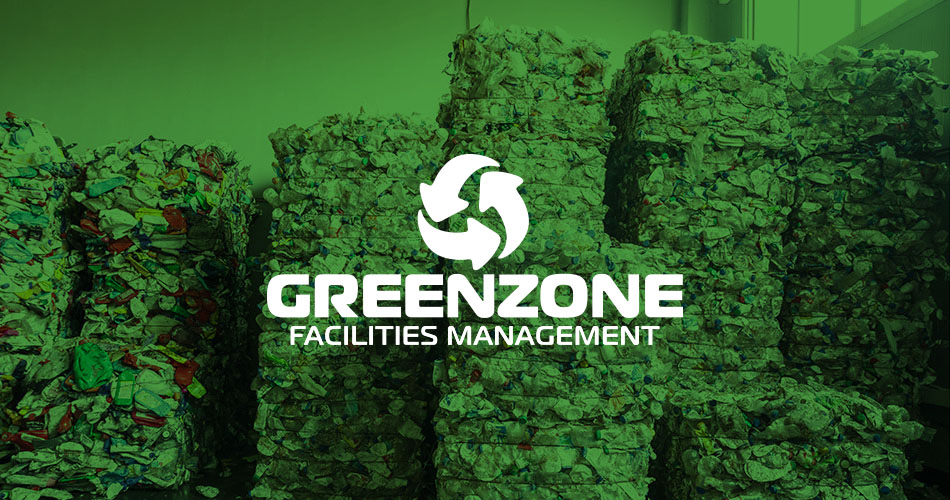Danish brewer Carlsberg has unveiled prototypes of the world’s first beer bottles made from recyclable and bio-based materials, with the company’s sustainability director claiming that the innovation could have “endless impact” if upscaled collaboratively by corporates including Coca-Cola and L’Oreal.
Carlsberg launched its Green Fibre Bottle research vision in 2015 to develop a fully recyclable, sustainably sourced bottle made from wood fibre. After working alongside innovation experts ecoXpac, packaging company BillerudKorsnäs, and post-doctoral researchers from the Danish Technical University, the company has today (11 October) unveiled the first prototypes.
The two prototypes consist of sustainably sourced wood fibre with an inner barrier that enables to bottles to contain beer. One version prototype uses a thin recycled PET polymer film barrier, and the other a 100% bio-based PEF polymer film barrier.
According to the company’s sustainability director Simon Boas Hoffmeyer, the prototypes are the first step in a vision that could have a transformational impact across several industries that promotes sustainable packaging as a viable and sought-after choice for consumers..
“This bottle caters to both innovation and sustainability, which is very important,” Boas Hoffmeyer told edie. “This is a totally different experience for the consumer in every single way. Even for people who don’t care too much about sustainability, they will feel and see this is different.
“If we can make this bottle from 100% sustainably sourced wood fibre we have an endless source of renewable material to make bottles from, which is huge. This is a step towards our vision, we don’t want our bottles to contain a polymer, but we need it to for now.”
Carlsberg will test the barrier technology with the ambition of being able to commercialise a 100% bio-based bottle that doesn’t contain polymers. Boas Hoffmeyer revealed to edie that Carlsberg wanted the bio-based bottles to have the same life-cycle impact of its “most efficient packaging to date”, refillable glass bottles that have a wax coating applied to keep them in circulation for longer – a move that lowers the overall environmental impact of the bottle. In 2016, Carlsberg became the first company in the world to be accredited with a Cradle-to-Cradle (C2C) bronze certification for a glass beverage packaging.
The green fibre bottles also use an “an exceptionally small amount of energy” in the manufacturing phase, Boas Hoffmeyer added.
Orginal Source

